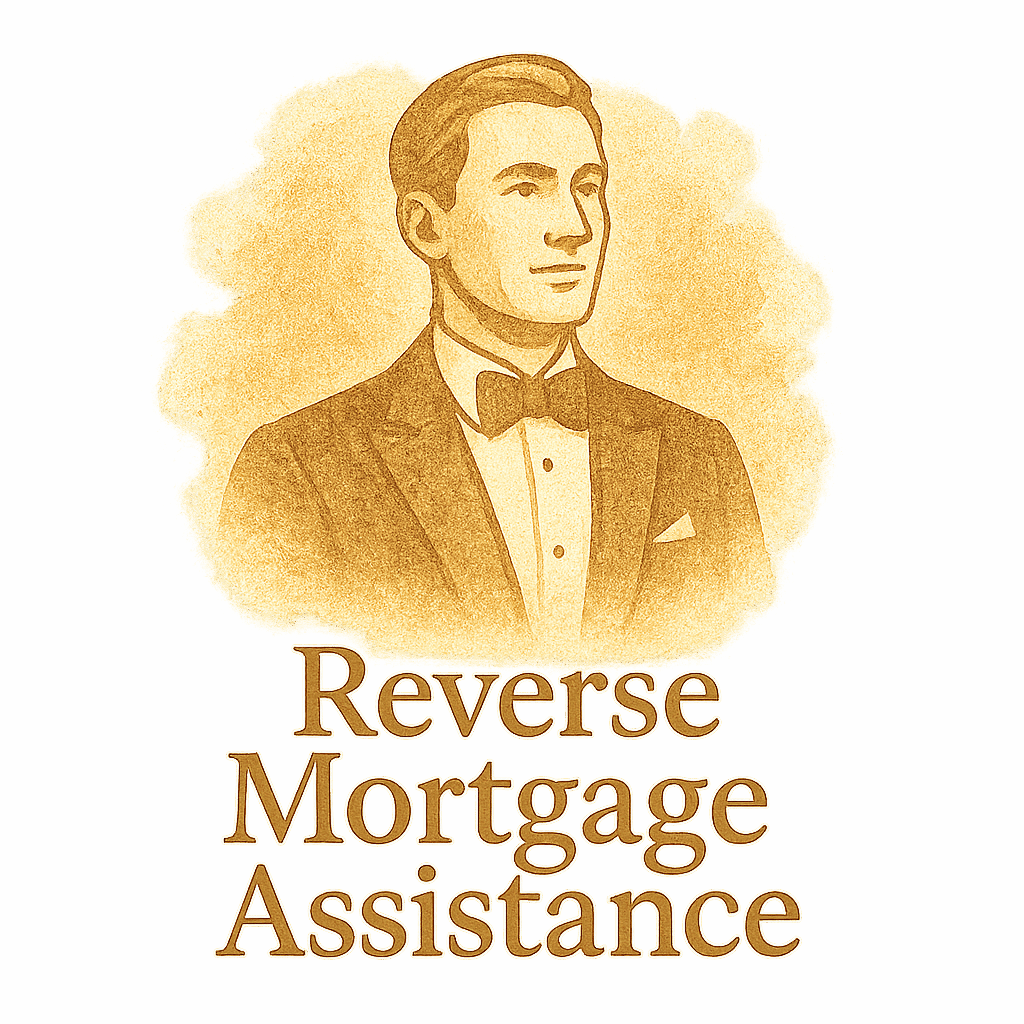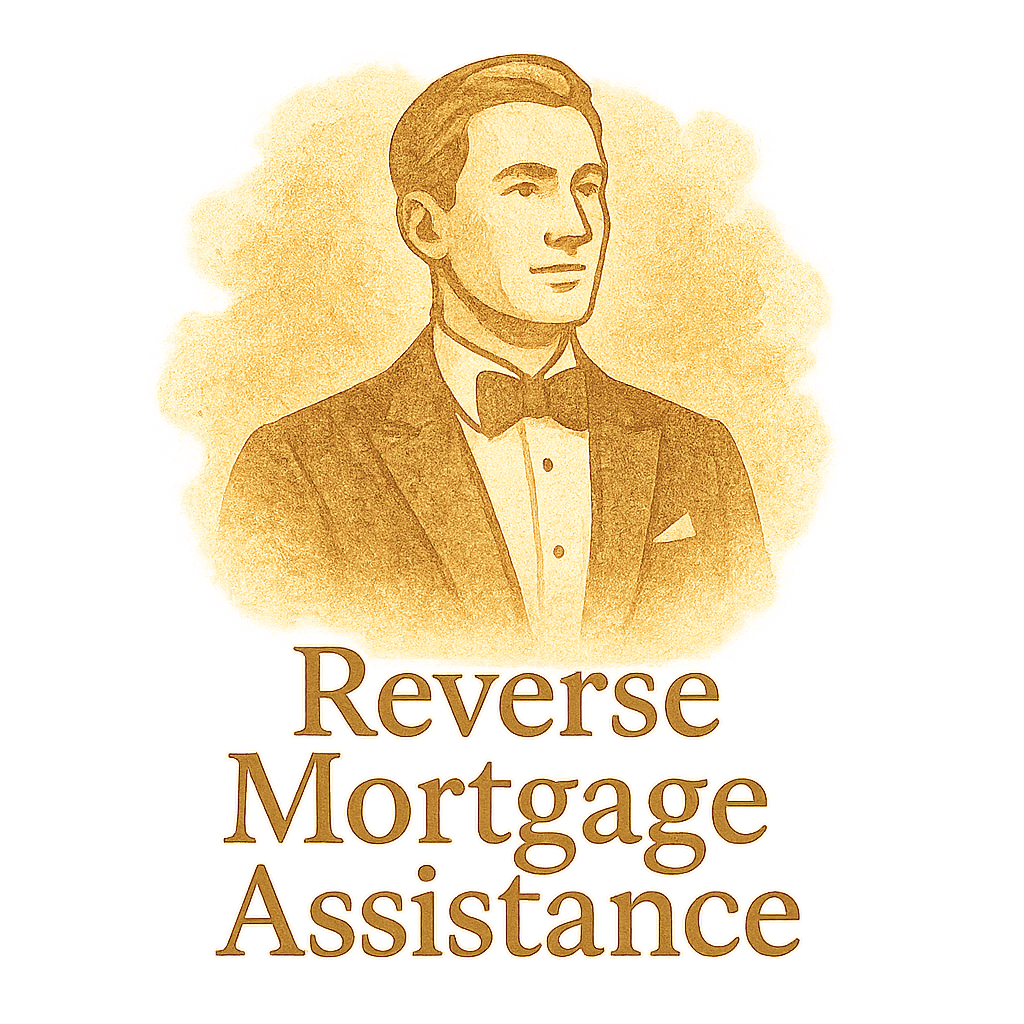Thinking about tapping into your home’s value for retirement or emergencies? You’re probably familiar with reverse mortgages—but did you know there are other options that might suit your lifestyle better? Let’s dive into six powerful reverse mortgage alternatives that can give you flexibility, control, and peace of mind.
What Is a Reverse Mortgage?
Understanding the Basics
A reverse mortgage lets homeowners 62 and older convert part of their home equity into cash without selling their home. Sounds great, right? But there’s a lot more under the hood.
Curious about how they work? Start with our Reverse Mortgage Basics guide.
Common Use Cases
- Supplementing retirement income
- Paying off debt
- Handling medical bills
- Covering home repairs
When It Works—and When It Doesn’t
While reverse mortgages are helpful in certain cases, they’re not for everyone. You could risk losing your home if you don’t meet certain requirements—like paying property taxes and insurance.
Why Explore Alternatives?
The Risks Behind the Reverse
Not only can you outlive your home equity, but your heirs might face unexpected fees or foreclosure. According to our Mortgage Myths & Truths resource, most people don’t realize how complex these loans really are.
Common Misconceptions
Think reverse mortgages are “free money”? Think again. There are interest charges, legal terms, and loads of fine print—often misunderstood even by savvy homeowners.
To learn more, see our section on legal and regulatory concerns.
Reverse Mortgage Alternative #1: Home Equity Loan
How It Works
A home equity loan is basically a second mortgage. You get a lump sum based on the equity in your home and repay it over time.
Pros & Cons
✔️ Fixed payments
✔️ Predictable interest rates
❌ Must make monthly payments
❌ Risk of foreclosure if you default
Want to better understand your home equity? Visit our Equity tag page.

Reverse Mortgage Alternative #2: HELOC (Home Equity Line of Credit)
What’s a HELOC?
Think of it like a credit card backed by your house. You draw from it as needed and pay back over time.
Flexibility vs Stability
✔️ Use funds only when needed
✔️ Pay interest only on what you use
❌ Variable interest rates
❌ Risk of borrowing too much
Curious how it compares? Check our detailed Loan Comparison page.
Reverse Mortgage Alternative #3: Cash-Out Refinance
Turn Equity Into Cash
Refinance your existing mortgage with a new one for more than you owe, and pocket the difference.
Ideal For Long-Term Planning
✔️ Locks in new (hopefully lower) rates
✔️ Consolidates debts
❌ Longer loan terms
❌ Closing costs can be hefty
See how this option fits into your financial future in our Mortgage Planning section.
Reverse Mortgage Alternative #4: Selling and Downsizing
A Fresh Start
Selling your home and moving into a smaller, more manageable space can free up tons of cash.
Trade Square Footage for Freedom
✔️ No loan or interest
✔️ Cash in your pocket
❌ Emotional difficulty
❌ Costs of moving
Read more on how this fits into a retirement plan at our Retirement tag.
Reverse Mortgage Alternative #5: Renting a Portion of Your Home
Turn Space Into Income
Got a basement, guest room, or detached unit? Rent it out on Airbnb or to a long-term tenant.
Considerations for Landlords
✔️ Steady monthly income
✔️ Stay in your home
❌ Must manage tenants
❌ Zoning and HOA rules may apply
Explore Mortgage Case Studies for real-life success stories.
Reverse Mortgage Alternative #6: Government & Community Assistance
HUD Programs and State Support
Many HUD and state-sponsored programs offer financial help to seniors. These might include deferred payment loans or grants.
Nonprofit and Local Assistance
Organizations offer weatherization, utility assistance, and even food support—sometimes enough to replace the need for borrowing altogether.
We break down helpful Outcomes from those who found help without risking homeownership.
Head-to-Head Comparison: Which Option Wins?
| Feature | Reverse Mortgage | Home Equity Loan | HELOC | Cash-Out Refi | Downsizing | Renting Room | Gov’t Help |
|---|---|---|---|---|---|---|---|
| Monthly Payments | No | Yes | Yes | Yes | No | No | No |
| Risk Level | Medium | High | High | Medium | Low | Medium | Low |
| Equity Usage | High | Partial | Partial | High | Total | None | None |
| Control | Low | Medium | Medium | Medium | High | High | Medium |
Final Thoughts: Choosing What’s Best for You
Take Your Time—It’s a Big Deal
Choosing the right financial path isn’t about jumping into what looks easy—it’s about understanding your goals, your limits, and your future.
We recommend starting with our comprehensive Reverse Mortgage Basics and then exploring tags like Contracts, Legal Terms, and Preparation.
Your home is more than a house—it’s your legacy. Choose the path that honors it.
FAQs
1. Is a reverse mortgage ever better than the alternatives?
Yes, for some seniors with limited income and high home equity, it might be the best option—but only after careful comparison.
2. Can I switch from a reverse mortgage to another option later?
You can refinance out of a reverse mortgage, but it may come with high costs or restrictions. Always consult an expert.
3. Are there age restrictions for these alternatives?
Most reverse mortgage alternatives have no age restrictions, making them more flexible for homeowners under 62.
4. What about tax implications?
Proceeds from loans like HELOCs and refinances aren’t taxable, but always check with a tax advisor.
5. Is downsizing emotionally worth it?
For some, yes. It can mean less stress, lower bills, and more freedom. But it’s deeply personal.
6. How do I know which loan has the best rate?
Use our Loan Comparison tool and consult multiple lenders.
7. Where can I get unbiased advice on reverse mortgages?
Start with ReverseMortgageAssistance.com and check out our Seniors tag for expert insights.


